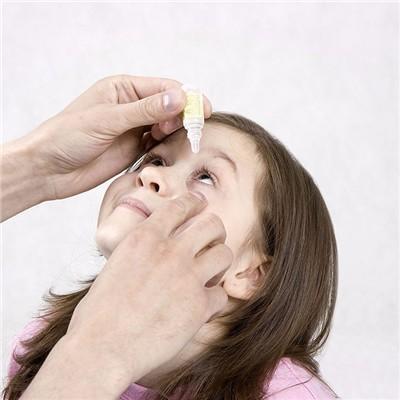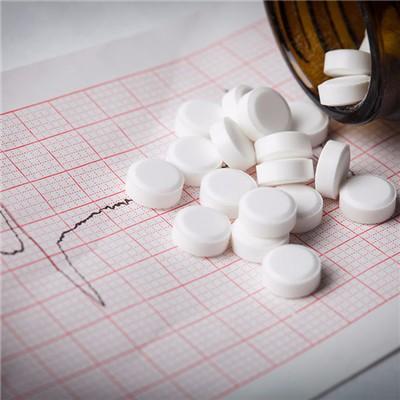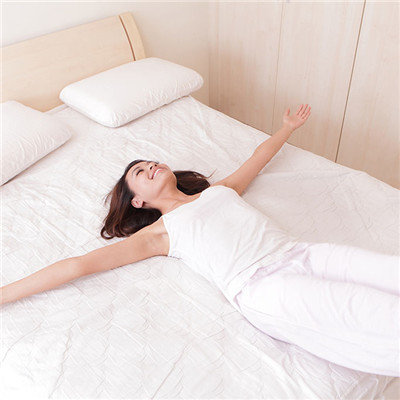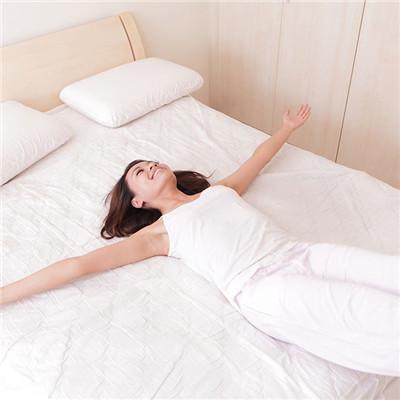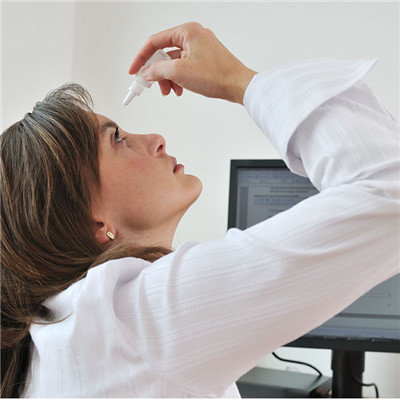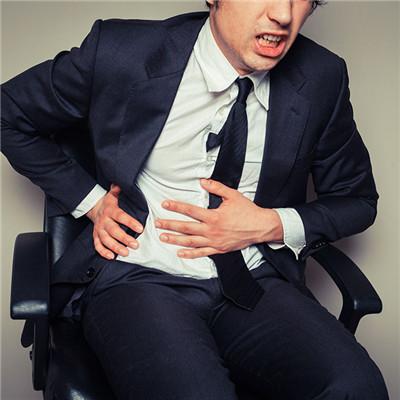Symptoms of back myofascitis
summary
Myofasciitis, also known as "back muscle injury", "back fibrositis" and "back fascia pain syndrome", refers to the aseptic inflammatory reaction of muscles and fascia. When the body is stimulated by external adverse factors such as cold invasion, fatigue, trauma or improper sleeping position, it can induce the acute attack of myofascitis, such as shoulder, neck and waist muscles, ligaments Acute or chronic injury and strain of joint capsule are the basic causes of the disease. Because in the acute stage did not get thorough treatment and turn to chronic; Or because the patient is repeatedly injured, cold and other adverse stimulation, can repeatedly appear continuous or intermittent chronic muscle pain, soreness and weakness and other symptoms.
Symptoms of back myofascitis
Neck and shoulder myofasciitis: also known as neck and shoulder myofascial pain syndrome, refers to the aseptic inflammation of soft tissues such as fascia, muscle, tendon and ligament on the back of neck and shoulder, causing neck and shoulder back pain, stiffness, limited movement and weakness. It is mainly related to slight trauma, fatigue and cold. Main symptoms: neck, shoulder, back pain, muscle stiffness, or a sense of pressure, numbness, can radiate to the head and upper limbs and between the back and scapula; After getting up in the morning or weather changes and getting cold, the symptoms worsen, and the pain is relieved after activities, which often occurs repeatedly; There may be a sense of neck bounce; Physical examination can find local muscle tension, tenderness, tenderness is often located in spinous process and spinous process, often involving trapezius, rhomboid and levator scapular muscle, tenderness is limited, mostly without radiation.
Lumbar myofascitis: acute stage of patients with severe waist pain, burning sensation, waist activity symptoms aggravated, local tenderness is more significant (mostly at the beginning and end of the diseased muscle), some patients with elevated body temperature, blood examination can see increased white blood cells. After acute attack, the symptoms of a few patients can completely subside, most of them will leave pain, or relapse after several months or years. Chronic cases are characterized by low back pain, muscle stiffness and heavy feeling. The pain is often aggravated when the weather changes (such as cloudy and rainy days), at night, or in humid areas. The low back pain is aggravated when getting up in the morning. A little activity can relieve it, and it is aggravated after fatigue. The tenderness of the waist is extensive, the function of the waist is normal, but the pain of the waist is obvious.
Plantar fasciitis: plantar fasciitis is a chronic injury caused by exercise. The most common reason is often walking for a long time (including mountaineering, fitness, hiking and other activities). Long time walking is easy to cause chronic plantar injury, which leads to plantar fasciitis; In addition, heel too hard to cause pressure on the heel, can also cause plantar fasciitis; Wearing high-heeled shoes often can also aggravate the injury of the sole. Main symptoms: plantar fasciitis is mostly single foot disease, in addition to heel pain, and some patients feel arch or forefoot pain. When the patient gets up in the morning, when the foot just touches the ground and is ready to stand up, the pain is very intense. This is because the plantar tendon has no chance to stretch all night, and it is suddenly involved when getting out of bed, so it immediately feels pain. The traditional Chinese medicine fascia ointment is mild in nature and can effectively regulate the body's immune function and accelerate the recovery of body function, so as to achieve the purpose of completely curing fasciitis.
matters needing attention
Keep away from dampness, cold and cold. Don't sleep in wet places. According to climate change, add clothes at any time. After sweating and rain, change wet clothes or dry your body in time. When it's cold, you can use an electric blanket or sleep on the Kang.
